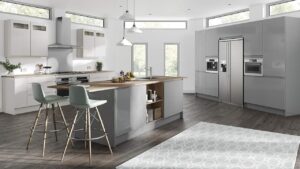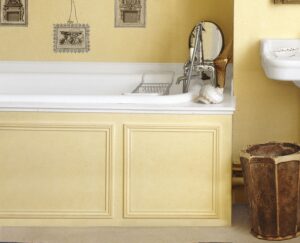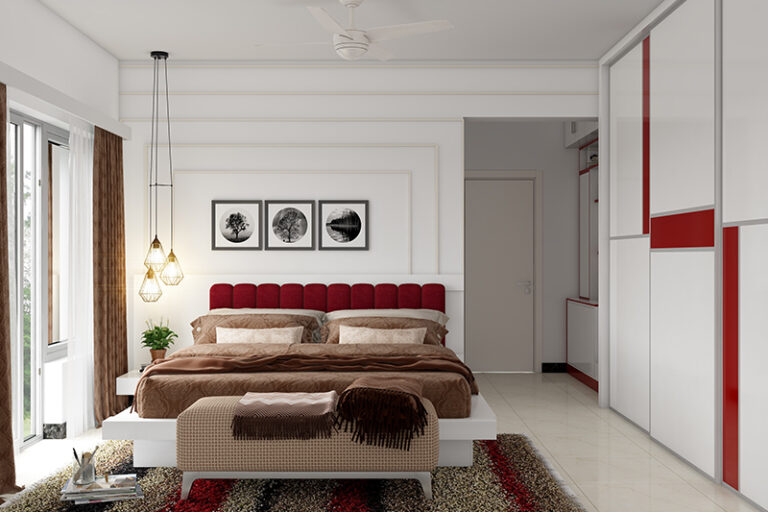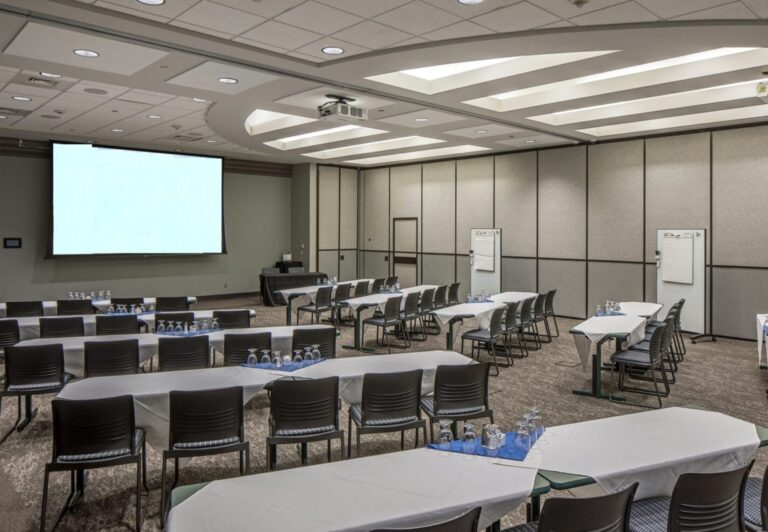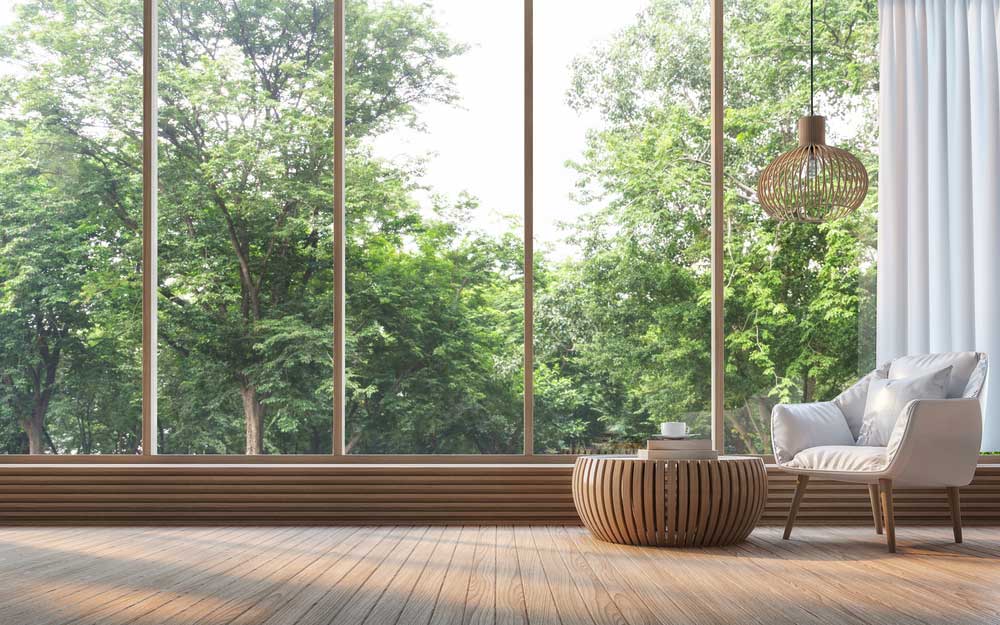
Windows let in natural light, allow for ventilation, and shield us from outside influences. They provide noise and temperature insulation, as well as assuring the safety of the home. Choosing between several styles of windows can be a difficult undertaking. To make an informed decision, you must understand the qualities of each of them.
Imporatant Features of Windows
A window, from the standpoint of building, is a feature that closes a gap in the façade. It must meet certain specifications, including allowing for outside visibility, home ventilation, and natural illumination to flow through. In addition to these basic standards, it is vital to request that the windows meet other crucial specifications.
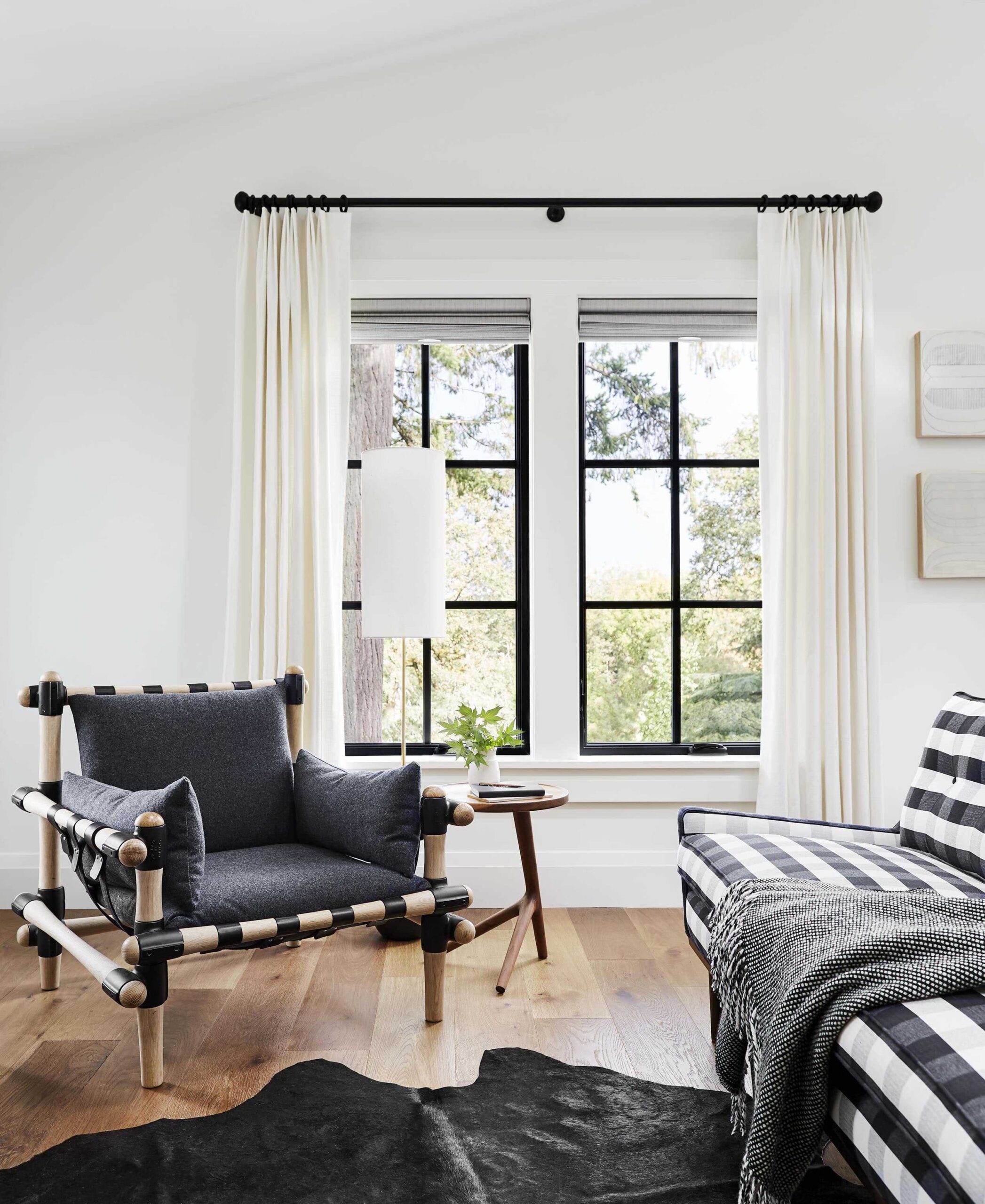
- They must keep the dwelling safe from outside sounds. Protect us from the elements of heat and cold.
- They must be waterproof. Allow no infiltrations or rain to pass through.
- Elements that are non-deformable, safe, and firm. They must be able to endure the power of the wind.
- Extremely long lasting. They must have a useful life of at least 40 or 50 years.
- Cleaning and upkeep are simple.
- They are essential components for achieving energy savings and a pleasant environment.
- Corrosion resistance as a function of time. External factors such as wind, rain, and harmful particles must be resisted.
- The aesthetics of the windows are also crucial. It must be perfectly blended into the house’s interior design style. As a result, you must consider the shape and color.
Where to Start When Choosing The Windows for Your Home?
The profiles and the glazing are the two main components of an exterior enclosure. To obtain effective insulation, you must pay attention to each of them.
The success in achieving higher acoustic and thermal insulation, as well as a level of security, will determine the material of the windows to a big extent. The first item to consider is the house’s location. A home in the mountains is not the same as one on the coast or in the interior. It’s also important to consider the orientation: south, north, east, and west. When selecting a material, it is critical to consider the surrounding environment and climate.
Aluminum Windows: A New Classic
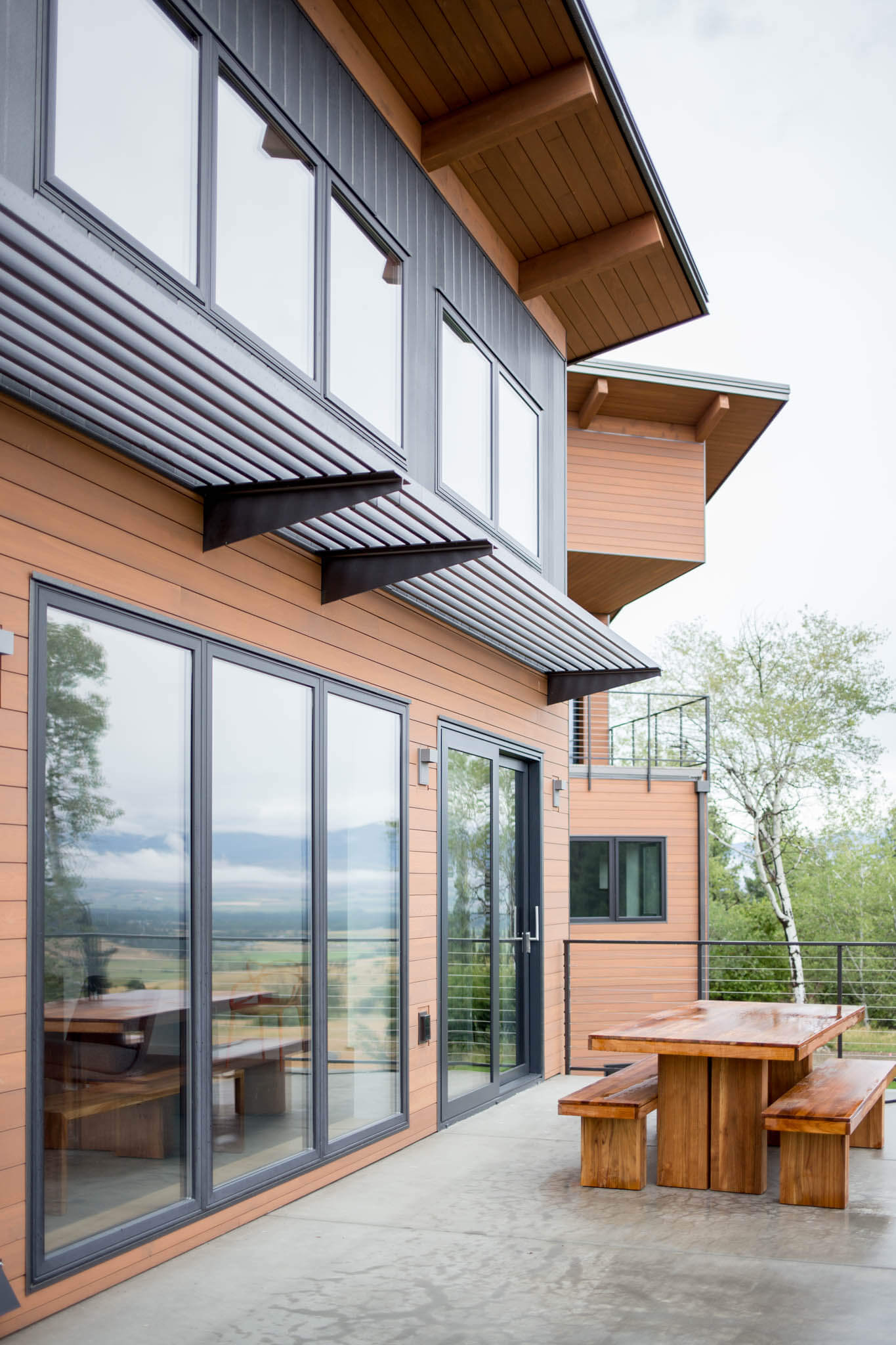
Aluminum windows have properties that make them a good fit for some applications. It is a very resistant and lightweight material that is ideal for use outside, requires little care, and comes in a range of finishes and colors. It is useful for buildings such as curtain walls because it can withstand the whole weight of the glass without deforming due to wind pressure. There are various types to choose from:
- Thermal bridge breaking is not a problem with metallic aluminum carpentry. Because this form of carpentry has no insulation, the effect of a very chilly and wet frame is created in the winter owing to contact with the outside. It has several advantages, including the fact that it does not corrode with time, weighs little, and is inexpensive.
- Aluminum with a thermal break that includes cameras on the inside to prevent intruders from entering the home’s interior. They feature narrow profiles, allowing more glass to be exposed. They’re ideal for big windows.
PVC Windows: Infallible Insulators
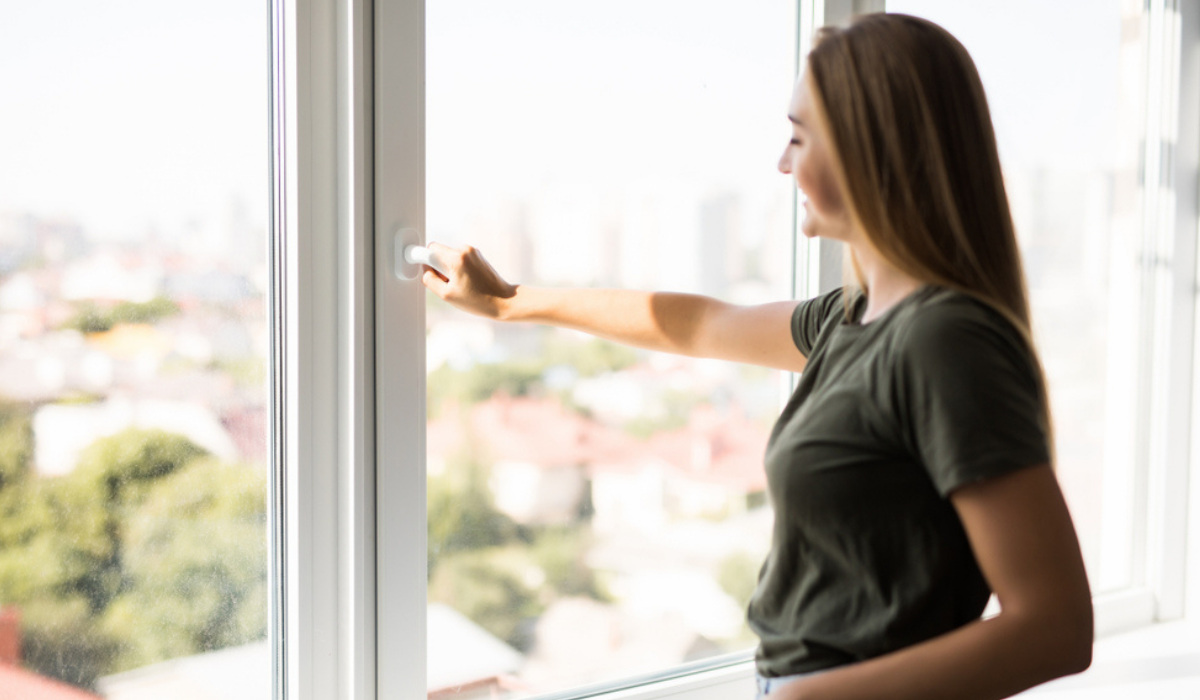
PVC is a metal carpentry material with exceptional properties. Polyvinyl chloride is a chemical compound that consists of hydrogen, carbon, and chlorine. The fundamental benefit of this material is that it is not a thermal or electrical conductor, resulting in complete insulation. The following are the main benefits:
- They provide excellent insulation without requiring the use of a thermal bridge.
- It’s a substance that absorbs a lot of external noise, making it a great acoustic insulator.
- It is lightweight and does not rust or corrode. It also requires very little upkeep.
- It has a strong shock resistance. It has a long lifespan, although it does not do well in harsh weather (high humidity, sun, rain…)
- PVC windows are an excellent thermal insulator, making them ideal for increasing energy efficiency and saving money.
Wooden Windows: Elegance and Comfort
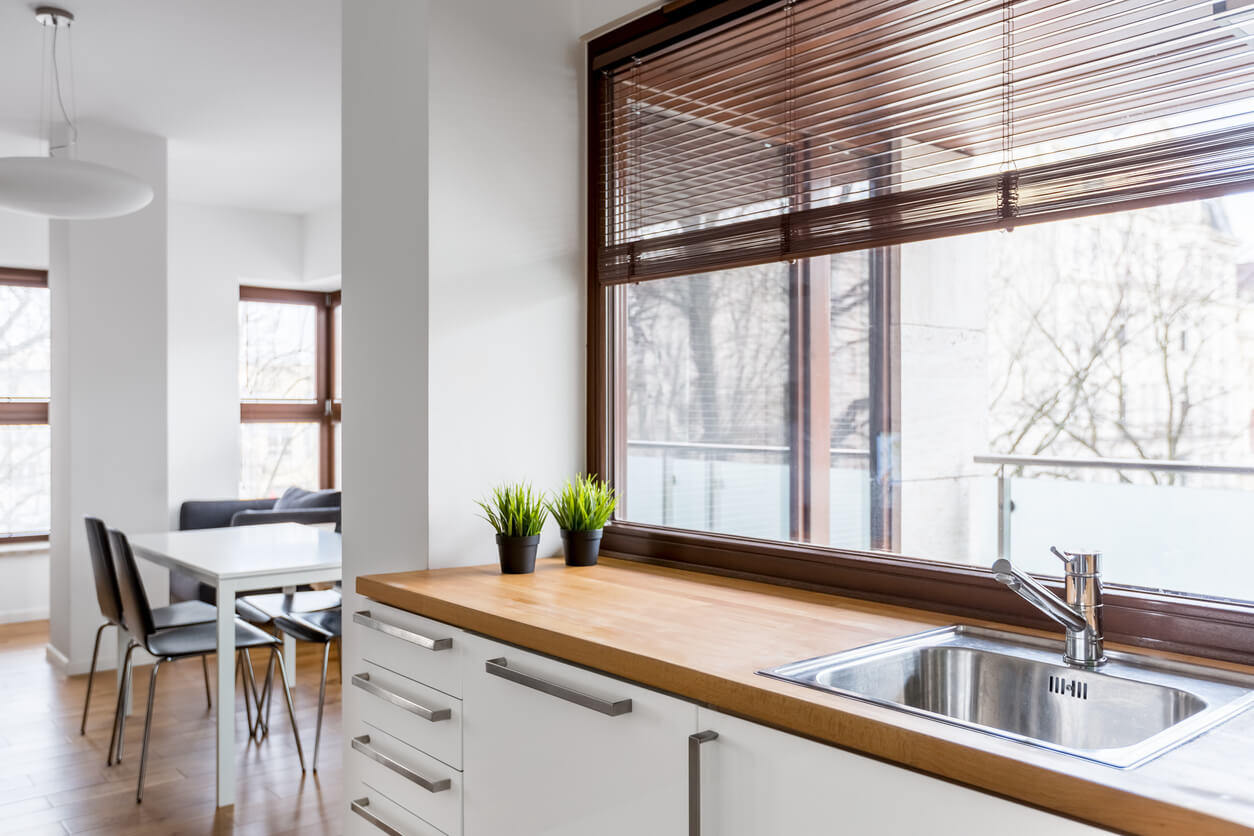
Wood is a material that is both warm and elegant, with a timeless appearance. It also works well as an acoustic and thermal insulation. There are many different patterns and finishes to pick from.
It has various drawbacks, such as its expensive cost due to the fact that it is a natural substance. It necessitates ongoing and costly care, as wooden windows decay more quickly than aluminum or PVC windows.
Glass Windows:
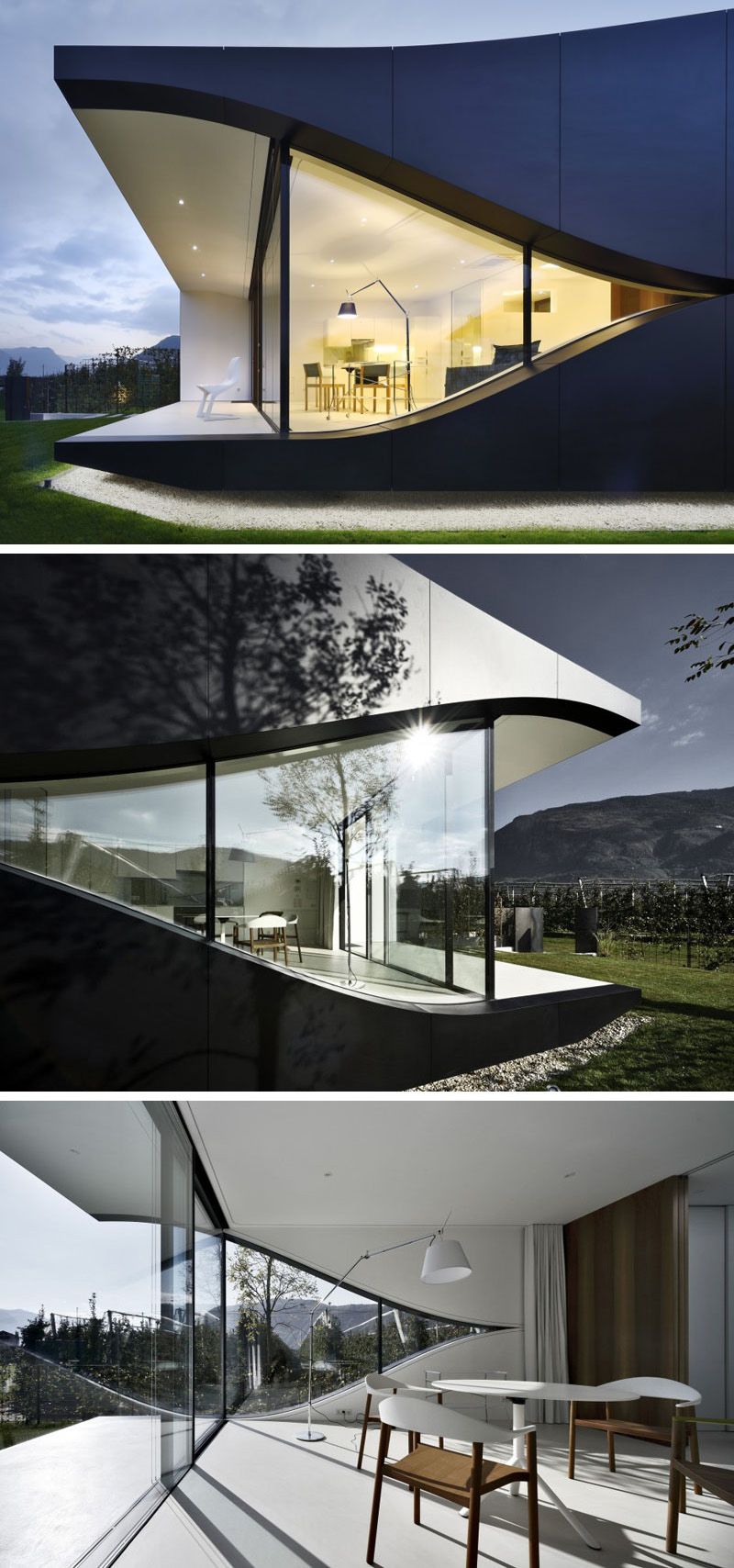
The importance of glass in windows cannot be overstated. It is in charge of ensuring proper insulation. Double glazing is the most popular option, as it consists of a glass, an air or gas chamber, and another glass.
What are your thoughts on this guide on the various types of windows available on the market? I hope it will assist you in selecting the best windows for your home.


